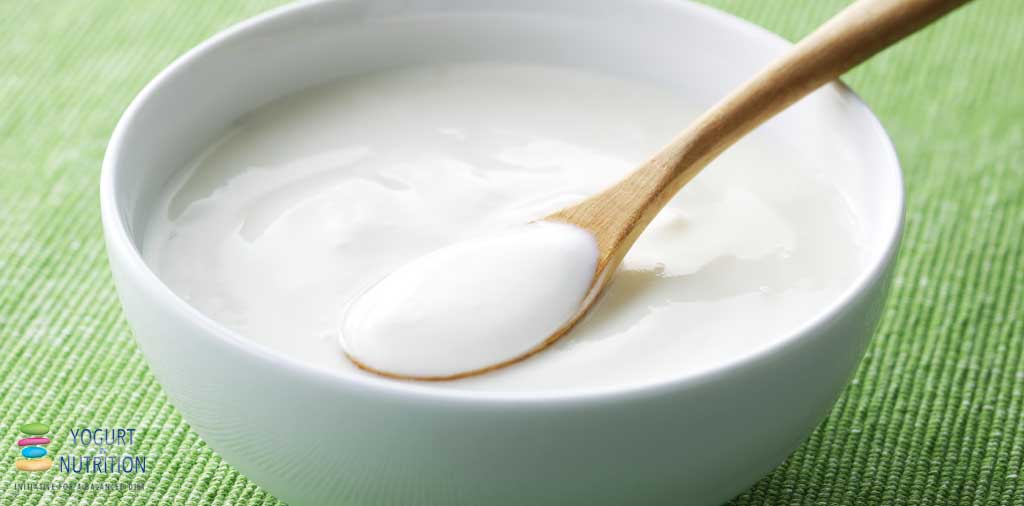Microbial fermentation of dairy foods guarantees extended shelf life, improves texture and flavour, and gives additional advantages relating to health promotion or disease prevention, say the authors of this review article. Early research suggests that consuming fermented dairy products may help to prevent and treat conditions such as osteoporosis, obesity, cancer and mental health disorders.
Ongoing research in this field, including supplementation of fermented dairy products with probiotics, could lead to exciting new developments in managing diseases through food, say the authors.
Fermented foods were consumed around the world for thousands of years before any health benefits were confirmed. Traditional fermentation methods relied on bacteria that are present naturally in milk, but modern methods use defined starter cultures with known attributes. In recent years, new starter cultures have been identified using more sophisticated methods to ensure effectiveness. The authors have reviewed advances over the past 3 years in microbial dairy fermentation and our understanding of the health benefits.
Microbial fermentation generates beneficial by-products
Lactic acid bacteria (LAB) are usually used in dairy fermentation. LAB produce several bioactive metabolites during fermentation, including bacteriocins and peptides.
Bacteriocins are anti-microbial peptides that either kill other types of bacteria or prevent them from reproducing. Scientists are becoming increasingly interested in bacteriocins as possible alternatives to antibiotics and chemical food preservatives.
Bioactive peptides are released when proteins are broken down, either during milk fermentation or in the gut after eating fermented products containing LAB. These peptides have been linked with several health-promoting mechanisms, including lowering blood pressure and anti-clotting activities, anti-oxidant activity, and activities that modify the immune response.
Prebiotics and probiotics can confer additional benefits
Ingestion of LAB-fermented dairy products can modulate the microbiota that inhabits the gut, with potential benefits on health. Modern dairy fermentation techniques may bring about additional health benefits by adding probiotics and prebiotics.
Fermented dairy products may help fight disease
Osteoporosis
The prebiotic, fructo-oligosaccharide (FOS), has the potential to treat and possibly prevent osteoporosis. Fermented in the gut, FOS causes a drop in pH (making the gut more acidic) so that previously insoluble calcium phosphate can dissolve. The soluble calcium then diffuses through the gut wall and has beneficial effects on bone mineral density.
Obesity
Research is ongoing into whether certain bacteria in the gut contribute to obesity. Specific bacteriocins or bacteriocin-producing bacteria or bacteriophages (viruses that infect bacteria) targeting ‘obesity’ bacteria may have the potential to reduce the risk of obesity. Fermentation of prebiotics in the gut has been linked to reduced permeability of the intestine, which may also prove to be valuable in the fight against obesity.
Cancer
Recently, bioactive peptides with potential anti-cancer activity have been identified (e.g. lactoferricin). In addition, early research suggests that probiotics and prebiotics may prove valuable in the treatment of colorectal cancer.
Mental health disorders
Evidence suggests that microbes in the gut may contribute to the development of mental health disorders through the gut–brain axis. Bacteria in the gut can produce various neurotransmitters and these can reach the brain when the intestinal barrier is damaged. Probiotics in fermented dairy products could help to maintain the intestinal barrier and prevent the onset of mental health issues such as depression and anxiety.
Food guidelines and regulations are needed to reflect clinical findings
The authors call for more consistent national guidelines around the world and improved regulation regarding microbial fermentation and probiotics. These should reflect the findings of the numerous clinical trials showing the benefits of probiotic yogurts in health, and clinically proven health benefits should be shown in the labelling of fermented dairy products, the authors say.
Find out more: read the original article.



